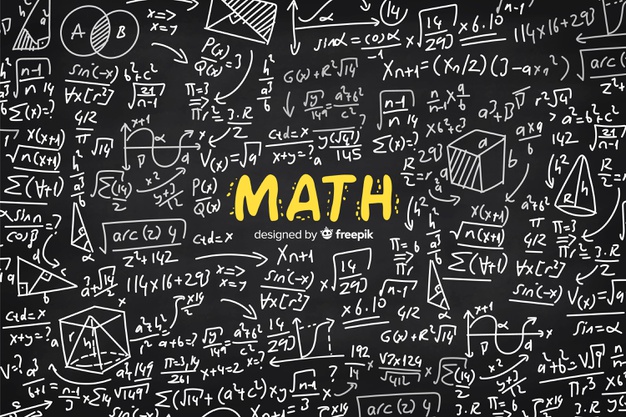Numbers are the fundamentals of Mathematics. Numbers are used to count objects, measure distances and label a place, thing or person. The numbers are also mentioned in words in each language across the world. The importance of numbers is not only seen in Maths but also in real-life applications. Here we will see different types of numbers and also their importance. Before we go ahead let us first learn in detail what numbers are.
What are the Numbers?
A number is an arithmetic value in Maths which are used to do various calculations and computations. They are also called “Numerals” sometimes. The examples of numbers are 1,2,4,7,0,-10,45,100,-199, etc.
Types of Numbers in Maths
After knowing about the numbers, let us see the classification of numbers.
Natural Numbers: All the positive integers starting with 1 to infinity are natural numbers. They are 1,2,3,4,5,6,7,8,9,…
Whole Numbers: All the positive integers from 1 to infinity along with zero are whole numbers. They are 0,1,2,3,4,5,6,7,8,9,…
Integers: While learning about natural and whole numbers, you must be wondering about what is an integer? Basically, all the positive numbers, negative numbers and zero, that can be represented in the number line are called integers. These numbers are expressed as ….-3,-2,-1,0,1,2,3,…
Real Numbers: All the numbers whether positive or negative integers, decimal or fractions, rational or irrational, natural or whole, are real numbers.
Imaginary Numbers: The numbers which are not real, are imaginary numbers. The value of imaginary number i is equal to the root of minus 1.
Complex Numbers: The combination of real and imaginary numbers are called complex numbers. It is represented in the form of A+iB, where A is a real number and B is an imaginary number.
Even and Odd Numbers: Even numbers are those numbers that can be evenly divided by 2 and odd numbers cannot be divided evenly by 2. For example, 2,4,6,8,10,etc., are even numbers and 1,3,5,7,9,etc., are odd numbers.
Rational Numbers: The numbers that can be expressed in the form of ratios such as P/Q, where P and Q are any integers and Q is not equal to zero. The decimal expansion of irrational numbers is terminating and sometimes repeating. For example, ½, ¾, etc.
Irrational Numbers: The numbers that cannot be expressed in the form of the ratio are called irrational numbers. The decimal expansion of irrational numbers is non-terminating and non-repeating. For example, √2, √3, √5, Pi, Euler’s number, etc., are irrational.
Cardinal Numbers: The numbers that are used for counting are called cardinals.
Ordinal Numbers: The numbers that are used to indicate the order or rank of objects in a set. For example, the bat is kept in sixth place.
Nominal Numbers: The numbers that are used to name or identify an object or a person or a place are called nominals. For instance, vehicle number, player number, zip code of city.
By learning the different types of numbers we have come to the conclusion that the numbers play a very important role in Maths and in daily life.













